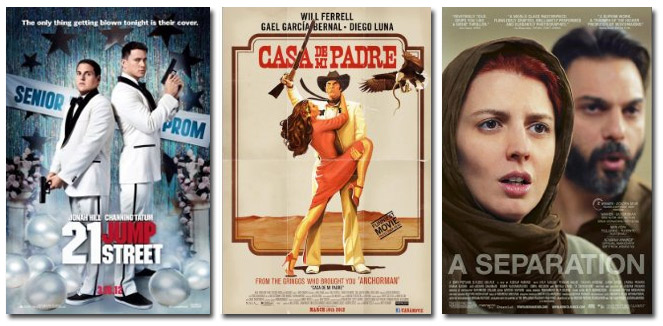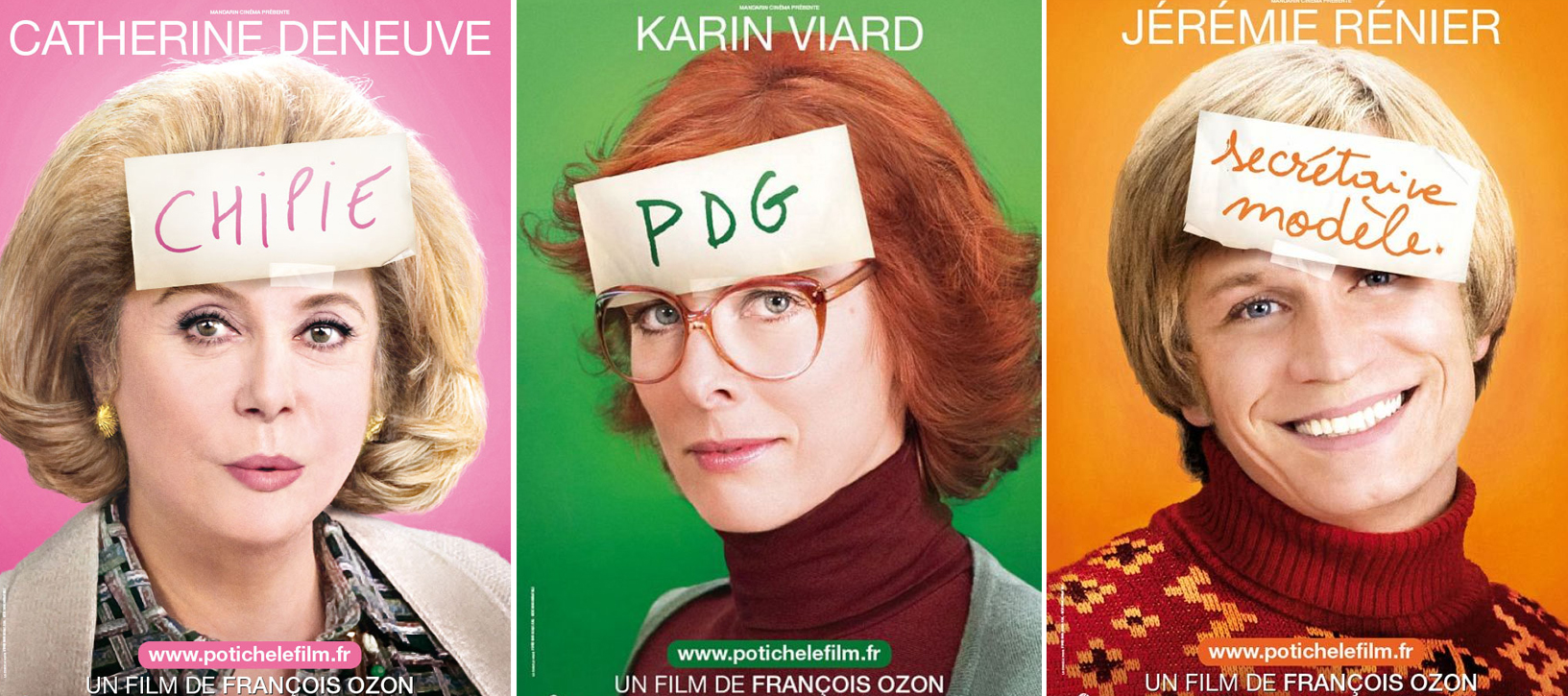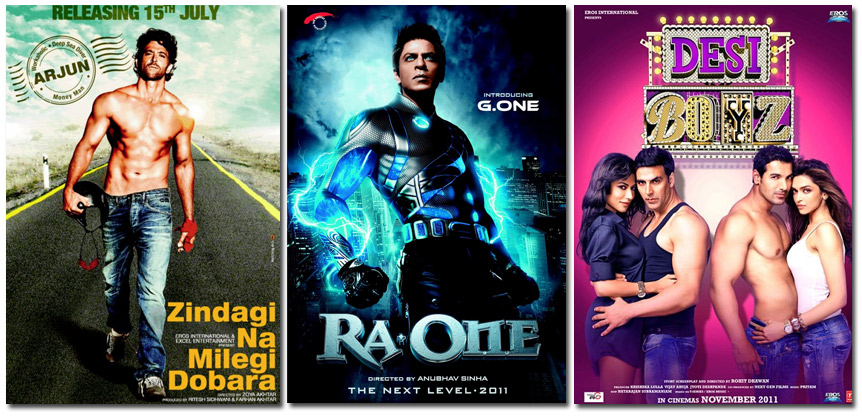Oscar Prediction Updates Galore ~ Halfway Mark!
 Sunday, June 24, 2012 at 11:52PM
Sunday, June 24, 2012 at 11:52PM In the upcoming week(s) we'll take a look back through the first half of the film year (and try to tie up loose ends from 2011. I know I know. I have time management issues). But what of the 2012/13 Oscar season? The term halfway mark is completely deceiving when it comes to awards season. We're not at all halfway to Oscar. In fact we've only just begun. We've seen a few mainstream genre pieces that are likely to factor in at least a little (The Avengers, Brave, Prometheus) but this weekend brings us our first orphan Best Picture contender in the critical darling Beasts of the Southern Wild. We're not at all halfway through the real contenders but since we're halfway through the calendar, it's time to update the charts.
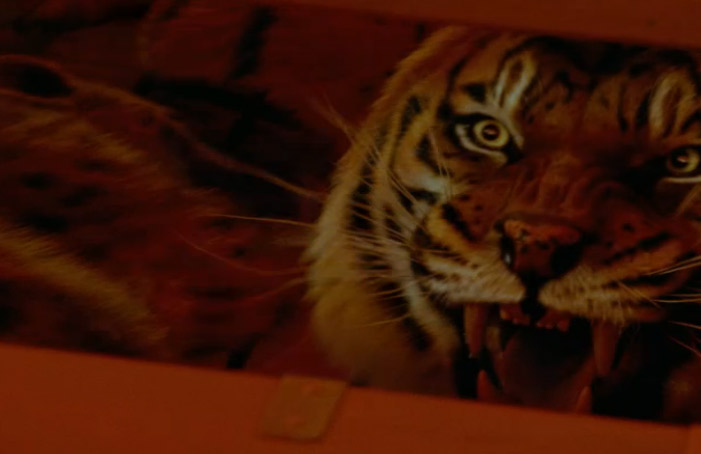
BEST PICTURE and DIRECTOR
With Gravity pushed back to 2013, let's bet on the other big budget big risk, Ang Lee's adaptation of Life of Pi. The website to that film is up and running now and I keep hitting refresh to watch the tiger's leap and roar. Roooooowwr. Reload. Roooooowwwr. Reload. Roooowwwwrr. Reload. It thrills me every time. I blame my love of both cats and Oscar punditry multiplied by OCD.
ACTOR, ACTRESS, SUPPORTING ACTOR, SUPPORTING ACTRESS
Lots of shuffling on these charts, particularly within both supporting categories. Those players don't come into easy focus until the fall. Newbies on these big charts include the first time actors who play father/daughter in the riveting Beasts of the Southern Wild (interviews real soon), Michelle Pfeiffer in People Like Us (just discussed), Michael Fassbender in Prometheus (just discussed), Isla Fisher from The Great Gatsby and Matthew McConaughey from Magic Mike. Lots more on that film coming which wasn't quite what I was expecting but which I thoroughly enjoyed.
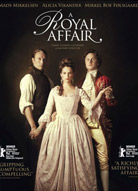 FOREIGN FILMS new chart!
FOREIGN FILMS new chart!
Denmark's A Royal Affair made big waves at Berlinale and its easy to picture a sumptuous expertly acted costume drama winning AMPAS attention. Cannes hits from lauded auteurs like Haneke, Mungiu, Audiard and Garrone could also be submitted from their countries though it's far too early to know. Any other suggestions?
And more... VISUAL and AURAL CATEGORIES see gains for Life of Pi and The Avengers the latter of which is probably too big now to ignore at $600 million even though Oscar hasn't been crazy about superhero flicks. Beasts shakes up the adapted SCREENPLAY chart but the original screenplay category is a complete mystery. It's anyone's guess.
There's no changes to the ANIMATED CHART because, quite frankly, I lost the thread there. I've only seen Brave this year. Make more of an effort with the toons, I must.

As always your armchair punditry is welcome in the comments. Where am I off base? Which hunches do you think are smart ones? Make your case or describe what you see in your crystal ball.







